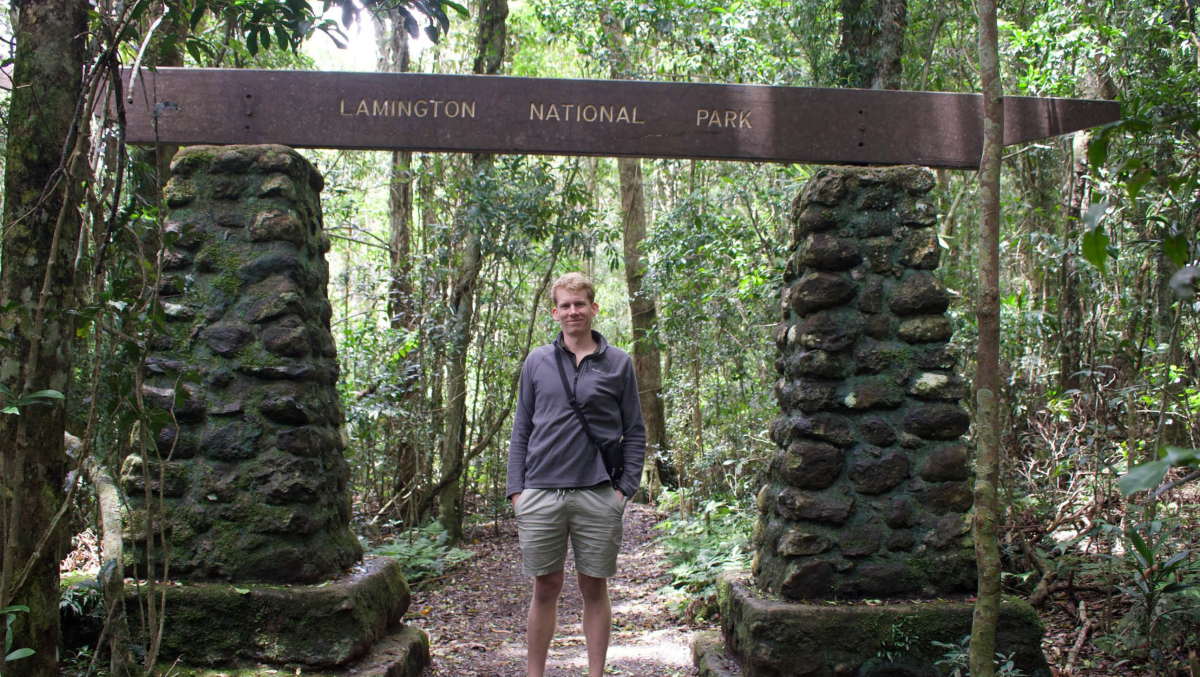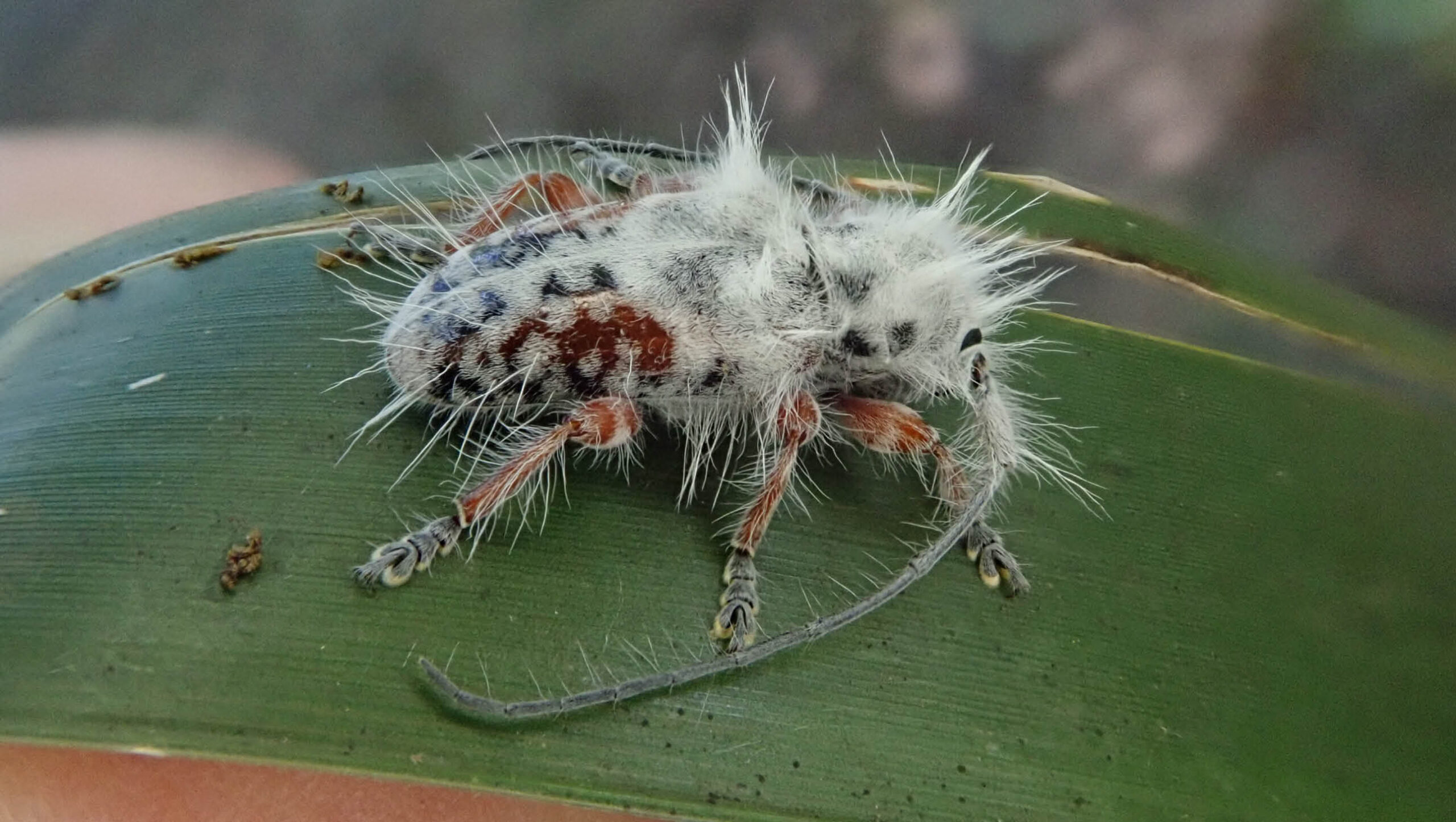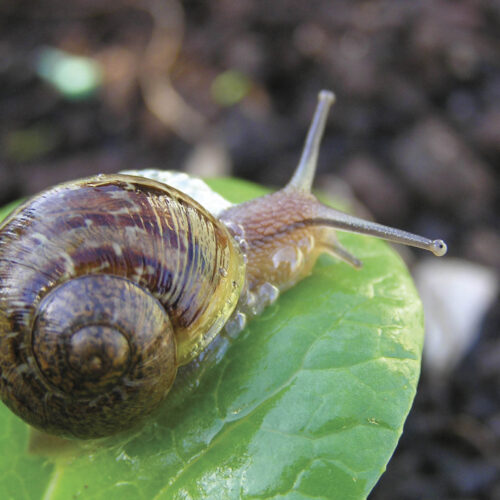Beetle discovery sign of hidden biodiversity
2024-05-07T04:16:55+10:00
A new beetle discovery, Excastra albopilosa, sheds light on the importance of natural pest control and biodiversity.
The world of entomology is buzzing with excitement with the discovery of a new species of beetle, Excastra albopilosa. The fluffy insect was uncovered through a fortunate chance encounter when University of Queensland researcher James Tweed found it during a survey in the Gold Coast Hinterland.
“I was walking through the campsite at Binna Burra Lodge one morning and something on a Lomandra leaf caught my eye,” Tweed said.
He thought it might be a new species, as he’d never seen it before during his research. He explored books, scientific articles, and online resources to identify the species, but he couldn’t find anything that closely resembled it.
“To my amazement, I saw the most extraordinary and fluffiest longhorn beetle I had ever seen,” Tweed said. “Measuring 9.7 millimetres, it was a striking red and black beauty covered in long white hairs.”
Excastra albopilosa belongs to a genus that is rarely seen, making this find particularly significant. Experts at the Australian National Insect Collection (ANIC) confirmed this beetle was indeed a new species.
“We chose the name Excastra for the genus, which is Latin for ‘from the camp’, and for the species name, we decided on albopilosa which translates to ‘white and hairy’,” Tweed said.

It is clearly an important discovery for the scientific world, but what about us gardeners? Many beetle species serve as natural pest controllers, preying on insects that can otherwise damage crops. Studying the role of Excastra albopilosa could shed light on its potential contributions to sustainable pest management.
The discovery of the Excastra albopilosa beetle also serves as a powerful reminder of why we need to keep our eyes open and appreciate the rich biodiversity around us. Whether you’re exploring a vast forest or just your own backyard garden, every corner of nature has something new and exciting to offer.
“Insects are the most diverse group of animals on the planet but are also the most underappreciated and understudied,” Tweed said. “Best estimates suggest there may be 5.5 million insect species worldwide and only one-fifth of these have been named and described.”
For those who seek practical solutions for a greener life, this discovery enhances our appreciation of nature and highlights the importance of creating habitats where even the most elusive creatures can flourish.
As Tweed said, “We’re experiencing rapid declines in biodiversity globally, and it’s difficult to conserve species if we don’t even know they exist.”






